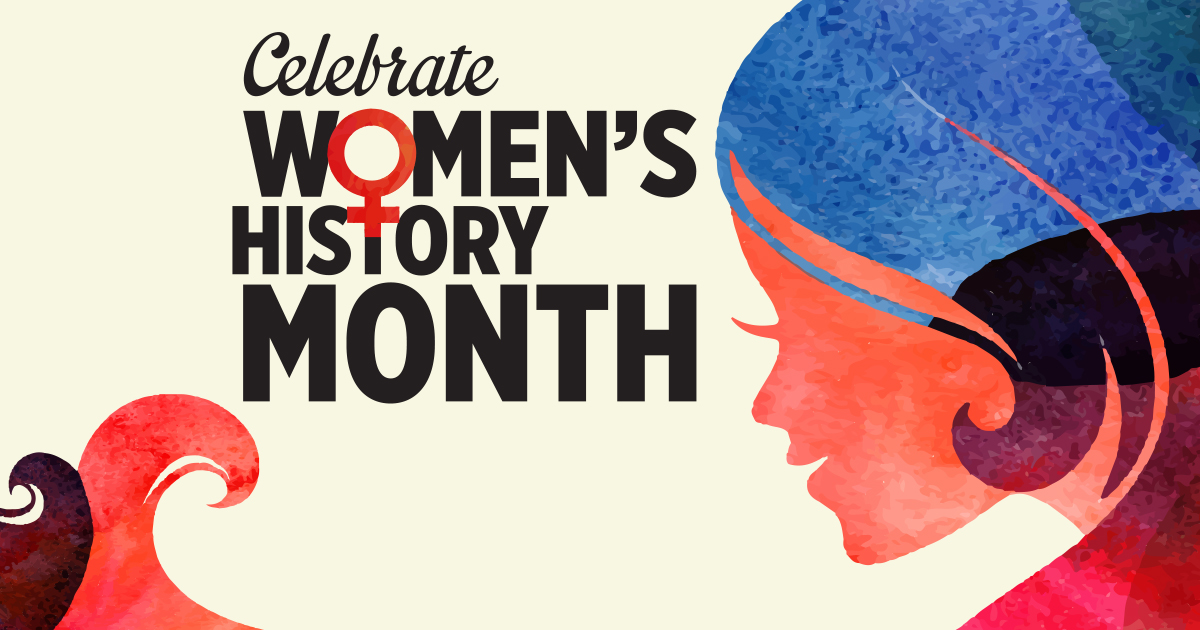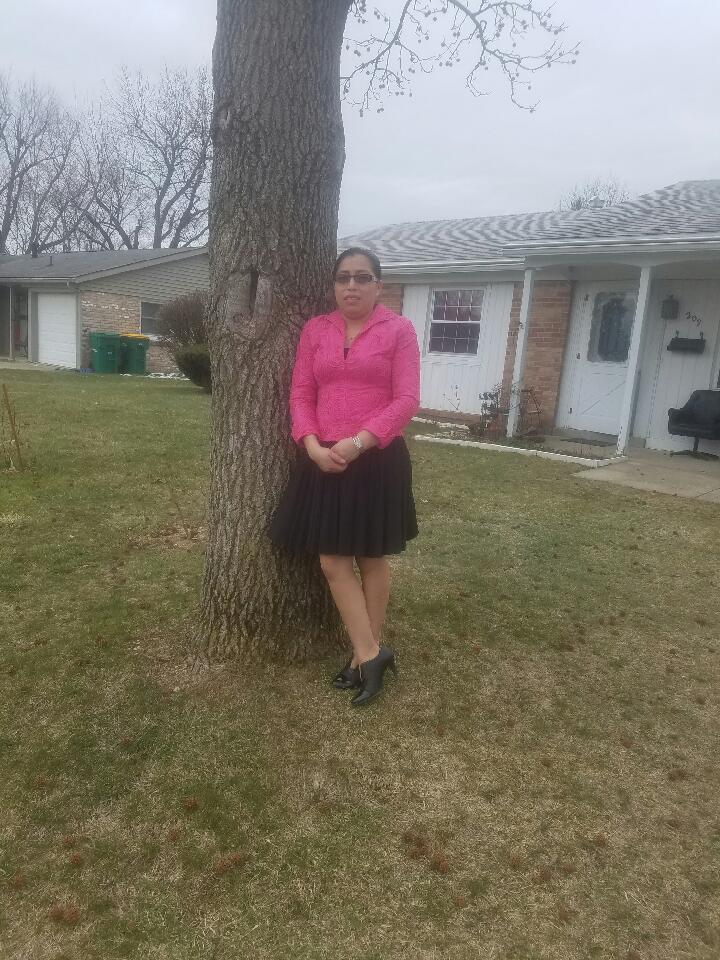This post is part two of a five-part series. Part one can be viewed at https://www.facebook.com/BrethrenLifeAndThought/videos/1430331587076140/.
CP: Introduce yourself. Location. Current Congregation. (If not currently at a Brethren congregation, where do you worship now? What is your “home” CoB?) Occupation. Age. Did you know March is Women’s Month? Either way, what does Women’s Month mean to you? How do you understand your identity as a minister (priesthood of all believers)?
 EB: My name is Eduvina. I live here in Ohio, and I clean houses some days and take care of the children at home. I have been attending West Charleston Church of the Brethren for almost three years now. I did not know ahead of this interview that this was Women’s Month, but I’m happy to hear that it is. (We didn’t celebrate anything like that in Guatemala; in America, men and women are more equal, but that wasn’t the case in my home country.)
EB: My name is Eduvina. I live here in Ohio, and I clean houses some days and take care of the children at home. I have been attending West Charleston Church of the Brethren for almost three years now. I did not know ahead of this interview that this was Women’s Month, but I’m happy to hear that it is. (We didn’t celebrate anything like that in Guatemala; in America, men and women are more equal, but that wasn’t the case in my home country.)
How were things different in Guatemala? // The woman’s role is to serve, cook, help—that’s how it was in my parent’s house. But here, with my spouse, we have never been like that, we both love each other equally and make decisions together and help each other both. Our understanding of gender roles changed when we came to know God better; former leaders taught that men were just superior to women, but knowing Jesus, we know that both men and women are in God’s image.
CP: Is it odd to identify with a group that is centered on the male form of the name? In what ways does it matter? In what ways does it not matter?
EB: No; women and men are together in the church. “Brethren” in Spanish is “hermanos”—and includes both bothers and sisters. I’ve never felt that it discriminates against sisters.
CP: What opportunities does being a Brethren woman provide you? Are there ways it restricts you?
EB: In my previous church, Assemblies, women couldn’t preach, but here I’ve been able to lead and even had a chance to share a message for the whole church. Thanks to God, I’ve had help here to have many opportunities—teaching, praying, leading—and I’ve discovered gifts I never knew that I had. I haven’t run into restrictions because of being a woman; nobody has ever said “you can’t do that”—at least not about any good things, only things we would tell anyone not to do!
CP: Name a woman, Brethren or otherwise, who has inspired you and encouraged your spiritual growth.
EB: One woman that completely changed my life, but who I never met, was Sandy Whitaker. She was a volunteer who cared for my sister’s children as their congregation was meeting for studies of English and Spanish together. When she suffered cancer and was recovering from her first surgery, my nieces went to visit her, and this was her husband Don’s first real encounters with our immigrant family. When the little girls stopped their mother as they would have left and asked to pray for Sandy, because of the love they had for her as she cared for them, it totally changed Don’s heart. All of this happened before I came to Ohio, so I never knew her…and I would never have been able to come to Ohio or know the congregation that I have now, except that Don Whitaker has continued to support and make possible the opportunities to move here with my sister and her family. This has blessed us immensely: we know that Don is an angel of God in real life, and Sandy, though I didn’t know her, must have been too.
CP: How can our denomination better encourage the gifts of women?
 EB: For me, it’s a little complicated, and the biggest thing would be to have more English—because I would be able to do a lot more if I had English fluently. But in general, it is just to support and bless and allow everything we do as women because we are supposed to be moving with God in all of our lives.
EB: For me, it’s a little complicated, and the biggest thing would be to have more English—because I would be able to do a lot more if I had English fluently. But in general, it is just to support and bless and allow everything we do as women because we are supposed to be moving with God in all of our lives.
CP: How do you sustain yourself in the midst of those who might discredit or not listen to your voice because you are a woman?
EB: The church we use to attend asked women to be quiet in church, and if they had questions or doubts, they should ask their husband afterward. Women, if they had to preach, were asked to preach outside, because the pulpit was for men. But, the gospel is for everyone, men and women, and I remember that God can talk directly with us and I’m not so worried about what they used to say because we can all read the word of God and interpret. I don’t listen to the ones who say we should stop. Women can do all these things: preaching and teaching and sharing the gospel. The Bible says that we are the light of the world and salt of the earth; being a woman doesn’t make a difference.
CP: How do you encourage or build up other women? What are ways that we can intentionally mentor and call young women into ministry?
EB: We should study together, praying for one another. The Holy Spirit leads us to the knowledge of truth and helps us to discover the understanding and abilities we need. Groups of women should meet and be excited and active together; it doesn’t matter what others say; the Spirit can be with us and we can learn and grow in spiritual understanding.
CP: How do you lovingly respond to prejudice in and outside the Church?
EB: What kind of prejudice? I haven’t experienced prejudice in this church. I’m a little surprised to hear that there is prejudice within the Church of the Brethren. We always knew that women had spiritual gifts, and when we were in the other church it was hard to stay quiet, and we were looking for more opportunities to serve God. When we come to know God, we are the light of the world; we can’t hide that. We can’t ignore the lost sheep we might see, or hide that we know Jesus Christ, the light has to shine!
CP: How do you set boundaries with physical touch with men (or others if not heterosexual)?
EB: There has to be respect. That’s the most important. Women have to have boundaries or limits. We can’t afford to make men think we want contact or touch; it’s hard because it can be very good to enjoy a hug or touch. I know that in my old church I wouldn’t have hugged any of the men, only offered a hand, but it felt safe there. Here, sometimes I don’t even think and I would hug some of the men, but we feel safe, and it isn’t a big deal.
CP: You shared some demographic info in question one. Where does your sex or gender identity fit into the broader picture of who you are? Of your many identities, is being a woman primary? Why or why not?
EB: To be a woman is very blessed. We have the word where God says that when a woman is giving birth, there is suffering, but it gives new life. God suffers for the church like that, and it is a blessing to share that as a woman. We’re the only ones who can have a child; men can’t truly/completely connect with that. There are many things that couples can share and trade in, and it’s important to help one another. But as a woman, there is something special about giving birth, and nobody can help!
Image Credits: West Charleston CoB and Sassafras Marketing


